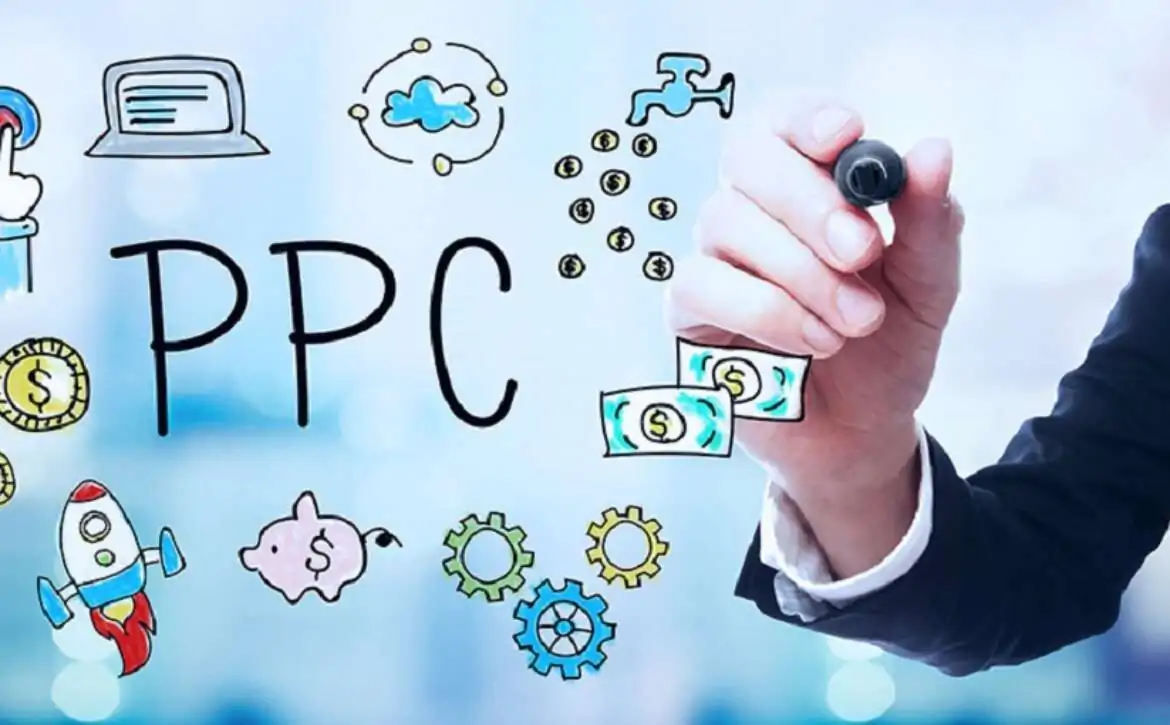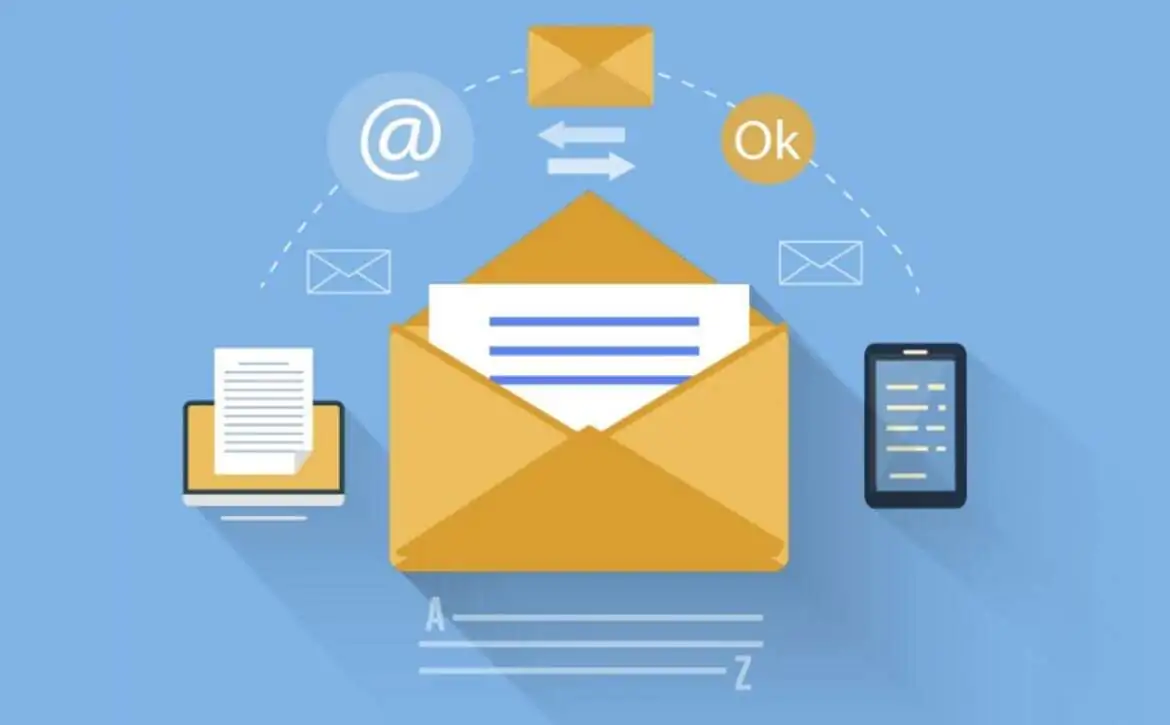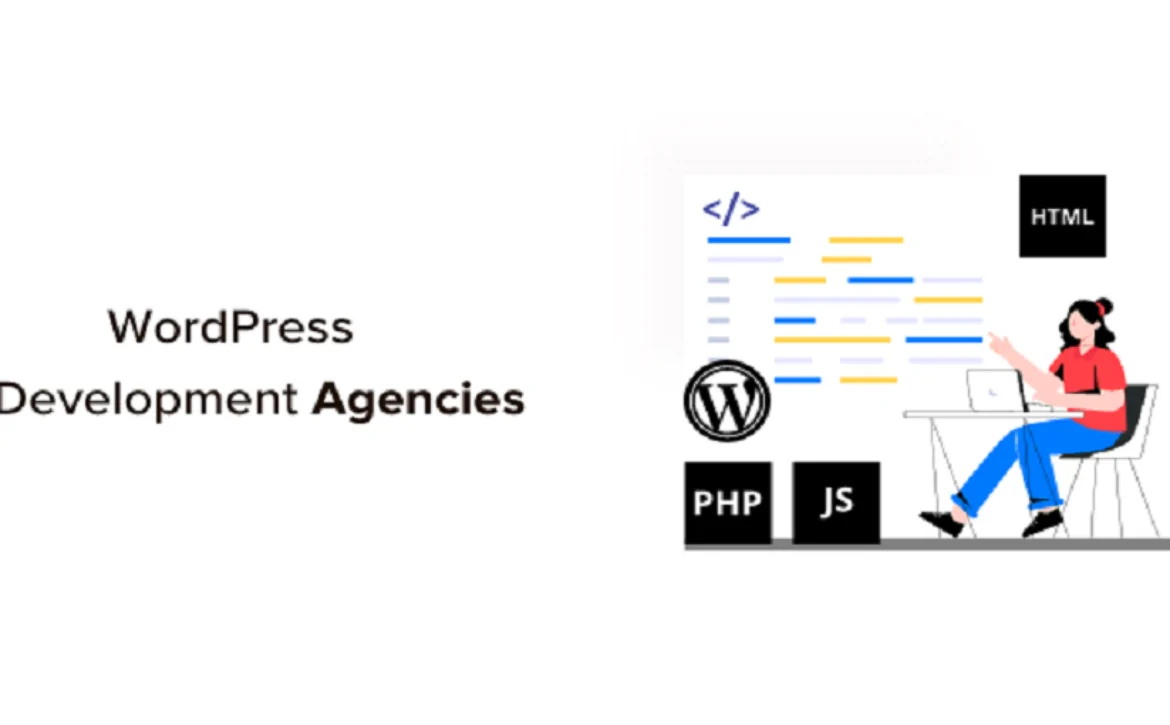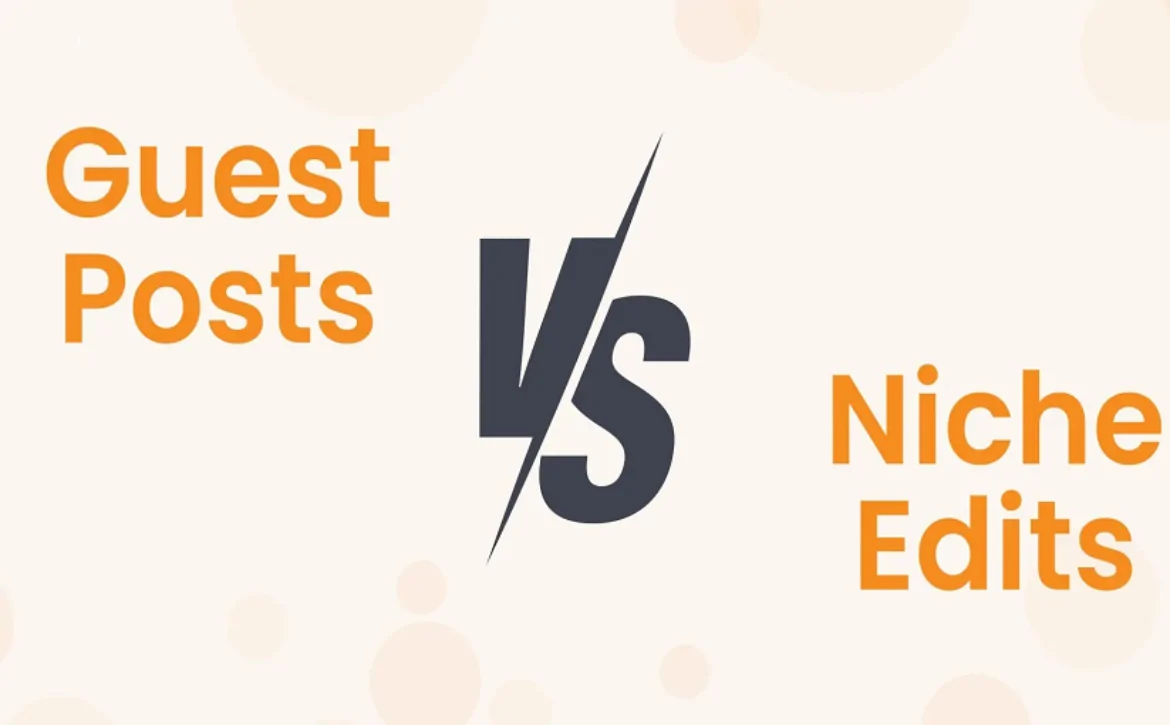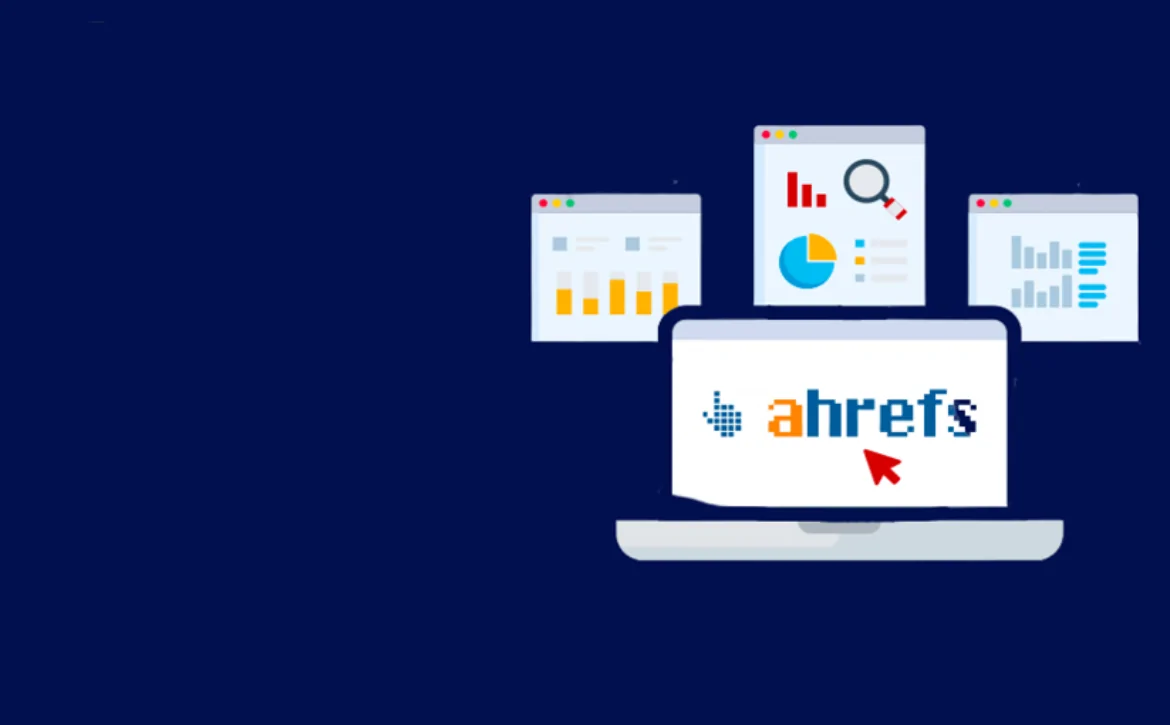A PPC Specialist Crucial Function in Digital Marketing
In the rapidly evolving landscape of digital marketing, businesses face the challenge of not only attracting potential customers but also standing out in an increasingly crowded marketplace. As online advertising continues to grow in complexity and importance, the role of a Pay-Per-Click (PPC) specialist has become crucial for organizations seeking to maximize their advertising budgets and drive targeted traffic to their websites. A PPC specialist is a professional adept at managing paid advertising campaigns across various platforms, including search engines and social media networks, with the goal of optimizing return on investment (ROI) while reaching the right audience.
The responsibilities of a PPC expert extend far beyond simply launching ads; they encompass a wide range of strategic and analytical tasks designed to enhance the effectiveness of campaigns. From conducting thorough keyword research to crafting compelling ad copy, these professionals leverage their expertise to design campaigns that resonate with specific target demographics. They continuously analyze performance metrics, adjusting strategies in real-time to ensure optimal results and a positive impact on the overall marketing strategy.
As businesses increasingly allocate significant portions of their budgets to online advertising, the demand for skilled PPC experts has surged. Organizations recognize that the success of their digital marketing efforts heavily relies on the insights and strategies provided by these experts. In response, aspiring professionals are seeking pathways to enter this rewarding field, often through specialized training and courses designed to equip them with the necessary skills and knowledge.
This article aims to provide a comprehensive overview of the essential role of PPC experts in digital marketing. Also explore the specific job description and skills required for this profession, examine available courses for aspiring specialists, and discuss how one can embark on a career in this dynamic field. By understanding the critical contributions of PPC experts, both businesses and aspiring professionals can harness the full potential of digital advertising, paving the way for greater visibility and success in the online marketplace.
What Is a PPC Specialist?
A PPC expert is a digital marketing professional focused on managing and optimizing paid advertising campaigns across various online platforms, including search engines and social media networks. Their primary objective is to drive relevant traffic to a business’s website while ensuring a positive return on investment (ROI). This involves meticulous planning, execution, and continuous monitoring of ad performance to make necessary adjustments for improved results.
PPC Specialist Job Description
A typical PPC job description includes a range of responsibilities, such as:
1. Campaign Strategy Development:
Crafting targeted PPC strategies based on market research, competition analysis, and business objectives.
2. Keyword Research:
Identifying and selecting the right keywords that align with the target audience’s search behavior.
3. Ad Creation:
Designing compelling ad copy and visuals that resonate with potential customers.
4. Budget Management:
Allocating and managing the budget effectively to optimize ad spending and maximize ROI.
5. Performance Monitoring:
Examining campaign performance indicators including cost per acquisition (CPA), conversion rates, and click-through rates (CTR).
6. A/B Testing:
Conducting experiments with different ad variations to identify the most effective elements.
7. Reporting:
Providing regular reports to stakeholders, detailing campaign performance, insights, and recommendations for improvement.
In essence, a PPC expert must wear many hats, combining analytical thinking with creative flair to create successful campaigns.
The Importance of PPC Specialist in Digital Marketing
The significance of PPC experts in digital marketing cannot be overstated. With the rise of online advertising, businesses are increasingly recognizing the need for professionals who can navigate the complexities of paid media. Here are several reasons why PPC experts are essential:
1. Expertise in Ad Platforms: PPC experts have in-depth knowledge of various advertising platforms like Google Ads, Facebook Ads, and Bing Ads. Their expertise enables them to leverage these platforms effectively, ensuring campaigns reach the right audience.
2. Data-Driven Decision Making: PPC campaigns generate vast amounts of data, and a skilled PPC expert can analyze this data to derive actionable insights. By understanding user behavior and preferences, they can make informed decisions that enhance campaign performance.
3. Maximizing ROI: With a keen focus on budget management and performance optimization, PPC experts are instrumental in ensuring that businesses achieve a positive return on their advertising spend.
4. Adaptability: The digital marketing landscape is continually evolving. PPC experts stay abreast of industry trends, algorithm changes, and emerging technologies, allowing them to adapt strategies accordingly and maintain competitiveness.
5. Increased Brand Visibility: Through strategic ad placements and effective keyword targeting, PPC experts can significantly enhance a brand’s visibility in search results and on social media platforms, attracting potential customers and fostering brand recognition.
6. Targeted Audience Engagement: PPC advertising allows for precise audience targeting. PPC experts can segment audiences based on demographics, interests, and behaviors, ensuring that the ads are shown to the most relevant users.
7. Competitive Advantage: In a crowded market, having a skilled PPC expert can give a company a competitive edge. Their expertise allows businesses to outbid competitors on key terms and capture market share effectively.
8. Integration with Overall Marketing Strategy: PPC experts often collaborate with other marketing teams (like SEO, content, and social media) to ensure a cohesive marketing strategy. This integration maximizes the effectiveness of all digital marketing efforts.
Skills Required for PPC Specialist
To excel in the role of a PPC expert, one must possess a diverse skill set that combines technical knowledge with creative thinking. Here are some key PPC specialist skills
1. Analytical Skills
PPC experts must be comfortable working with data. They should have the ability to analyze campaign metrics, draw insights from data, and make informed decisions based on performance trends. Familiarity with tools like Google Analytics is crucial.
2. Attention to Detail
Precision is crucial in PPC advertising. A small error in ad copy, targeting settings, or bid management can lead to significant losses. Attention to detail is essential for maintaining campaign integrity.
3. Creativity
Creating compelling ad copy and visuals requires a creative mindset. PPC expert must think outside the box to design ads that capture attention and drive engagement. This includes testing various formats and messaging styles to see what resonates best with the audience.
4. Technical Proficiency
Proficiency in various ad platforms, analytics tools, and spreadsheet software is vital. Familiarity with tools like Google Analytics, SEMrush, and Excel is often a prerequisite for the job.
5. Knowledge of SEO
While PPC and SEO are distinct strategies, understanding the fundamentals of SEO can enhance a PPC expert’s effectiveness. Knowledge of keyword research, on-page optimization, and search engine algorithms can contribute to more successful campaigns.
6. Communication Skills
PPC experts often collaborate with clients, team members, and other stakeholders. Strong communication skills are essential for presenting findings, justifying decisions, and explaining strategies.
7. Adaptability
Given the fast-paced nature of digital marketing, PPC experts must be adaptable. They should be willing to learn continuously and adjust strategies based on performance data and industry changes.
8. Budget Management
Understanding financial principles is vital for PPC experts. They need to allocate budgets effectively across various campaigns and ensure that each dollar spent contributes positively to the overall ROI.
9. Problem-Solving Skills
PPC campaigns often encounter unforeseen challenges, such as low conversion rates or budget overruns. Strong problem-solving skills enable specialists to identify issues quickly and implement effective solutions.
FAQs
Is PPC specialist a good job?
PPC experts offer a unique blend of creativity and analytical skills, allowing them to craft compelling ad campaigns and optimize performance. With high demand and career advancement opportunities, they often receive competitive salaries, making it an exciting and dynamic career path.
What does a PPC do?
A PPC expert manages online advertising campaigns using platforms like Google Ads and social media networks, focusing on keyword research, ad copy creation, target audience selection, budget setting, and performance metrics analysis to maximize ROI and achieve marketing goals.
What is the qualification for PPC?
PPC strategies are crucial for managing and optimizing paid advertising campaigns. A bachelor’s degree in marketing, advertising, or business is recommended, along with proficiency in digital marketing concepts, analytical skills, and familiarity with Google Ads and analytics platforms.
What is the salary of PPC expert?
PPC experts in the US earn between $50,000 and $80,000 annually, with entry-level positions starting at $40,000. Experienced professionals can earn $100,000 annually. Hourly rates vary, with freelancers or consultants charging $25 to $150.
What is a PPC specialist?
A PPC expert manages and optimizes paid advertising campaigns on platforms like Google Ads, Bing Ads, and social media, conducting keyword research, creating compelling ad copy, setting budgets, and analyzing performance metrics to ensure high ROI.
How to Become a PPC Specialist
If you’re considering a career as a PPC expert, the following steps outline how to embark on this rewarding journey:
1. Acquire Relevant Education
While formal education is not always required, a degree in marketing, business, or a related field can provide a strong foundation. Many PPC experts come from diverse educational backgrounds, including communications, mathematics, or information technology.
2. Take a PPC Specialist Course
Enrolling in a PPC course can significantly enhance your skills and knowledge. These courses cover essential topics, including campaign management, keyword research, ad creation, and analytics. Many online platforms, such as Google Skillshop, Udemy, and Coursera, offer courses tailored to PPC advertising.
3. Gain Practical Experience
In the realm of digital marketing, practical experience is vital. Consider internships, freelance projects, or entry-level positions in digital marketing agencies. This exposure allows you to apply theoretical knowledge and gain practical insights into PPC campaign management.
4. Stay Updated on Industry Trends
The digital marketing landscape evolves rapidly, so staying informed about industry trends, new tools, and algorithm updates is crucial. Follow reputable blogs, join online forums (such as PPC specialist Reddit communities), and participate in webinars to keep your knowledge current.
5. Build a Portfolio
As you gain experience, create a portfolio showcasing your PPC campaigns and results. Highlight specific metrics, such as CTR, conversion rates, and ROI, to demonstrate your effectiveness as a PPC expert. A strong portfolio can set you apart from other candidates when applying for PPC jobs.
6. Network with Professionals
Networking can lead to useful insights and employment chances. Attend industry conferences, join marketing associations, and connect with PPC professionals on platforms like LinkedIn. Building relationships can provide guidance, mentorship, and potential job leads.
7. Pursue Certifications
Obtaining certifications from recognized platforms, such as Google Ads Certification or Bing Ads Accreditation, can enhance your credibility and demonstrate your expertise to potential employers. Certifications validate your skills and increase your chances of landing a PPC expert job.
8. Join Online Communities
Participating in online communities and forums can provide insights and support from fellow PPC professionals. Platforms like Reddit host discussions about strategies, challenges, and career advice that can benefit your growth.
PPC Specialist Jobs: Opportunities and Outlook
The demand for PPC experts is on the rise as businesses increasingly recognize the importance of online advertising. Here are some common specialist jobs available in the market:
1. PPC Manager
As a PPC manager, you will oversee PPC campaigns for multiple clients or within a company. This role often involves strategic planning, budget management, and team leadership.
2. PPC Analyst
PPC analysts focus on data analysis, reporting, and performance tracking. They assess campaign metrics to identify trends and recommend improvements.
3. Digital Marketing Specialist
Digital marketing specialists often have a broader scope of responsibilities, encompassing PPC advertising, SEO, social media marketing, and content creation.
4. Paid Search Specialist
This role specifically focuses on managing paid search campaigns, typically on platforms like Google Ads. Paid search specialists optimize ad placements and conduct keyword research.
5. SEM Specialist
Search Engine Marketing (SEM) specialists manage paid search advertising campaigns and may also be involved in SEO efforts. They analyze search engine data to enhance campaign performance.
Job Outlook
According to the U.S. Bureau of Labor Statistics (BLS), the employment of marketing specialists, including PPC experts, is projected to grow by 10% from 2020 to 2030, faster than the average for all occupations. This growth reflects the increasing importance of digital marketing strategies and the need for skilled professionals who can navigate the complexities of online advertising.
In the end, PPC specialists play a crucial role in digital marketing, enhancing businesses’ online presence and driving targeted traffic. They develop effective campaign strategies and analyze performance metrics, ensuring successful advertising outcomes. As demand for skilled professionals grows, aspiring PPC experts can benefit from educational resources, courses, and community discussions. In a constantly evolving digital marketing world, their insights and expertise remain invaluable. By adopting a data-driven approach and staying updated with industry trends, they shape successful marketing campaigns for businesses of all sizes. Recognizing the role of PPC experts is the first step towards harnessing the power of digital advertising for success.


